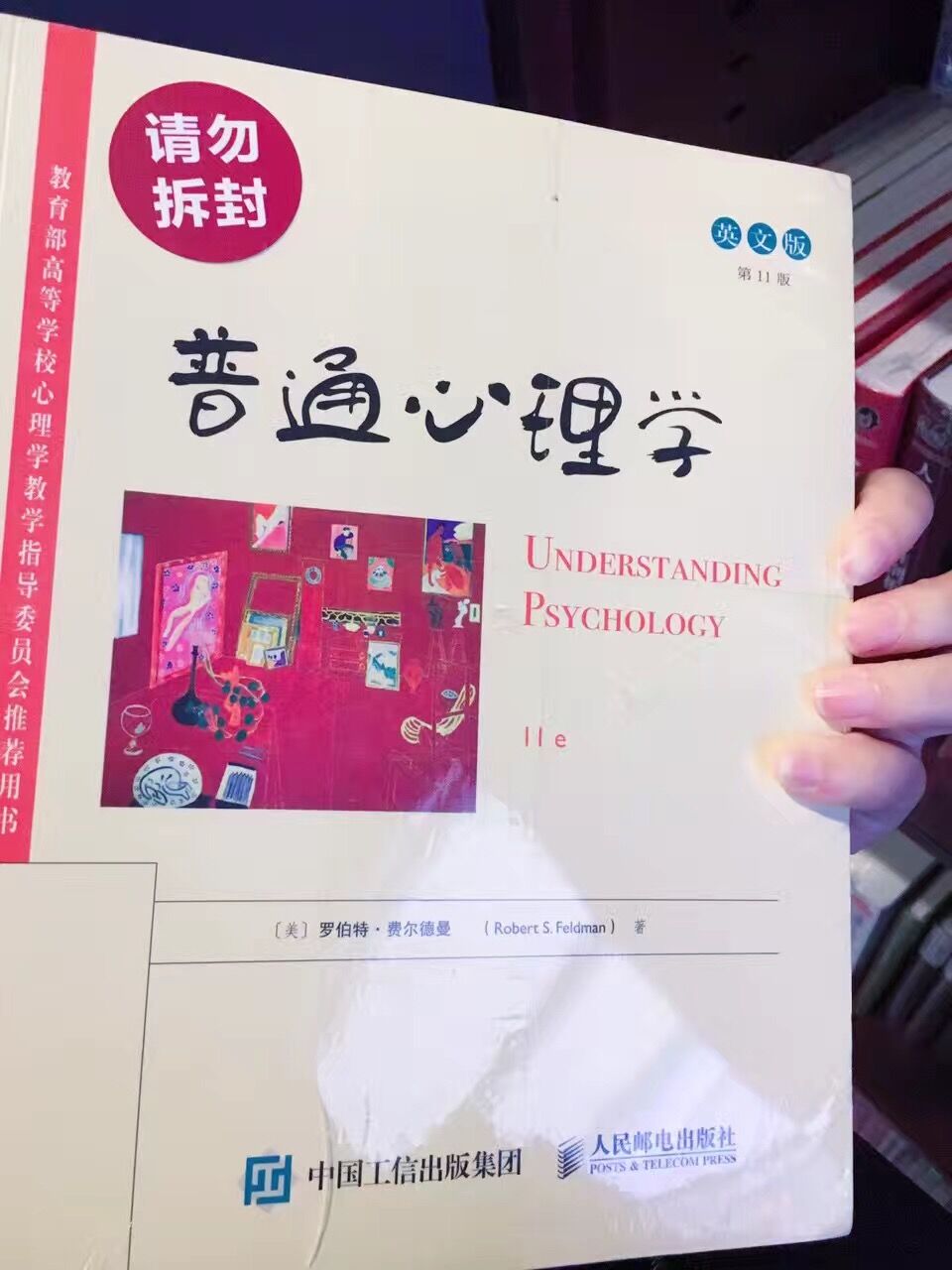Benefits I Gained From Psychology
2017-04-12
[imgid=1] Before I got to know psychology, I had always believed that psychology was rather mysterious, and it sought to manipulate others’ mind and direct others’ behavior. (I was probably poisoned by films featuring hypnotists who can control other people sometimes even through a phone.)
Before I got to know psychology, I had always believed that psychology was rather mysterious, and it sought to manipulate others’ mind and direct others’ behavior. (I was probably poisoned by films featuring hypnotists who can control other people sometimes even through a phone.)
 Before I got to know psychology, I had always believed that psychology was rather mysterious, and it sought to manipulate others’ mind and direct others’ behavior. (I was probably poisoned by films featuring hypnotists who can control other people sometimes even through a phone.)
Before I got to know psychology, I had always believed that psychology was rather mysterious, and it sought to manipulate others’ mind and direct others’ behavior. (I was probably poisoned by films featuring hypnotists who can control other people sometimes even through a phone.) Anyway, I was quite ignorant at that time. Filled with classes, tests and homework, my high school didn’t give me any chance to unravel the mystery. Luckily, when I started my college, opportunity came along. I chose Social Psychology as one of the selective courses out of sheer curiosity. I enjoyed every classes not because of psychology itself, but because of the nice and charming teacher and the shock some of the experiments in psychology brought to me. So one year after I finished the course, all I could remember is the nice teacher and the shocking experiments, one of which is the famous prison experiment. I was not interested in it due to the fact that I didn’t do any conscious learning; I only accepted what the teacher taught and I didn’t try to understand it, ponder over it and reflect it on our own lives.
My passion towards psychology was not fueled until I began reading psychological books. I finished 2 books, one being Social Psychology written by David Myers, the other Understanding Psychology written by Robert Feldman within the last 5 months. Both are really beneficial and inspiring to me as I started to view the world in a different light.
Firstly, psychology helps me to better understand myself. We are more or less self-centered, overestimating the extent to which others’ attention is aimed at us. Imagine that you fall down in a busy street while walking with your some of your friends, you will certainly feel embarrassed and think that most passers-by will notice it and your friends will remember your stupidity for a long time. However, the fact is that others may not notice and soon forget.
Moreover, it alters my opinion towards many things. For instance, when we explain others’ behavior, we often underestimate the influence of environment and more often than not we attribute it to their disposition (fundamental attribution error as it is named in SP ). We do so because when we watch someone act, that person is the focus of our attention and the situation is relatively invisible. Knowing the fundamental attribution error and its cause, I always try to analyze the situational factor instead of making a hasty conclusion about a person’s certain behavior. I feel like that I become more open-minded and tolerant than I used to be.
Besides, I learned not to judge others and their lives and not to argue with them when their opinion differs from mine. Human beings are very complicated. We can never totally see things from others’ perspective. I had often discussed with my friend about a girl who is simple-headed and abrupt. She has poor interpersonal skills and often argues with people over trivial things. She seems overconfident and can not realize her mistakes. Although, now I still think she is not the type of person I like, I don’t want to bother thinking about it. Maybe she can not realize her mistake forever for it needs competence to know incompetence. And it is her way of living her life not mine. Why bother? The fact that people have different life is fair and amazing.
I can not list all of the things I learned from that 2 books here. But at last, I want to point out that hypnosis is not as powerful as I think and not all people can be hypnotized. (lol) Don’t believe in things hyped on the media easily.
no comment






Comment